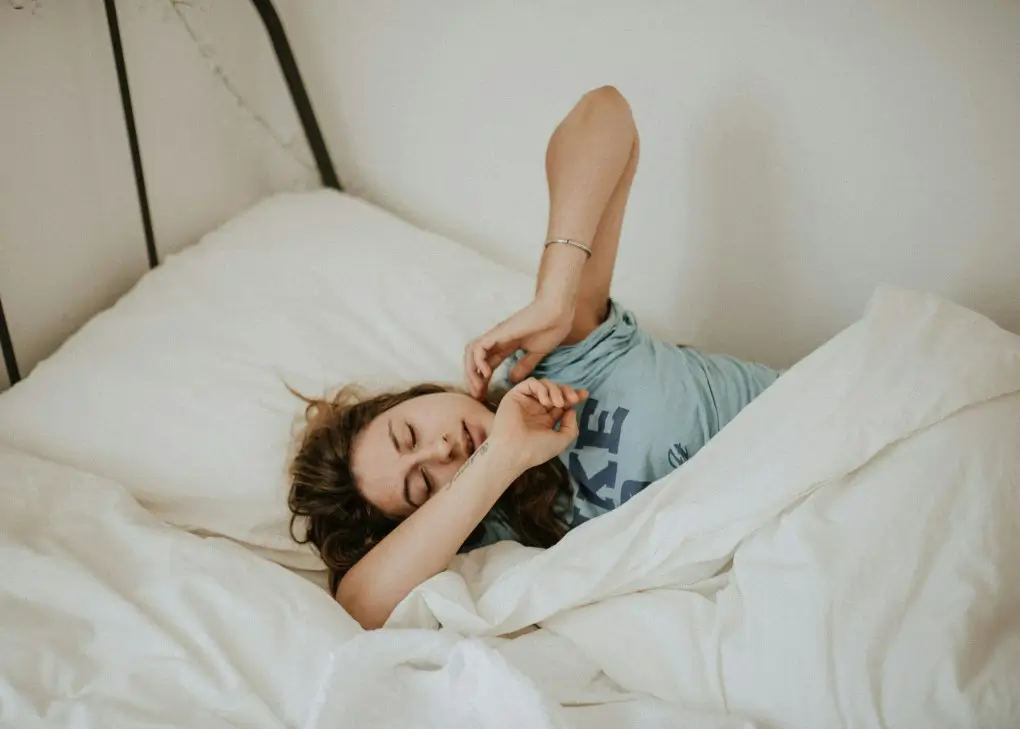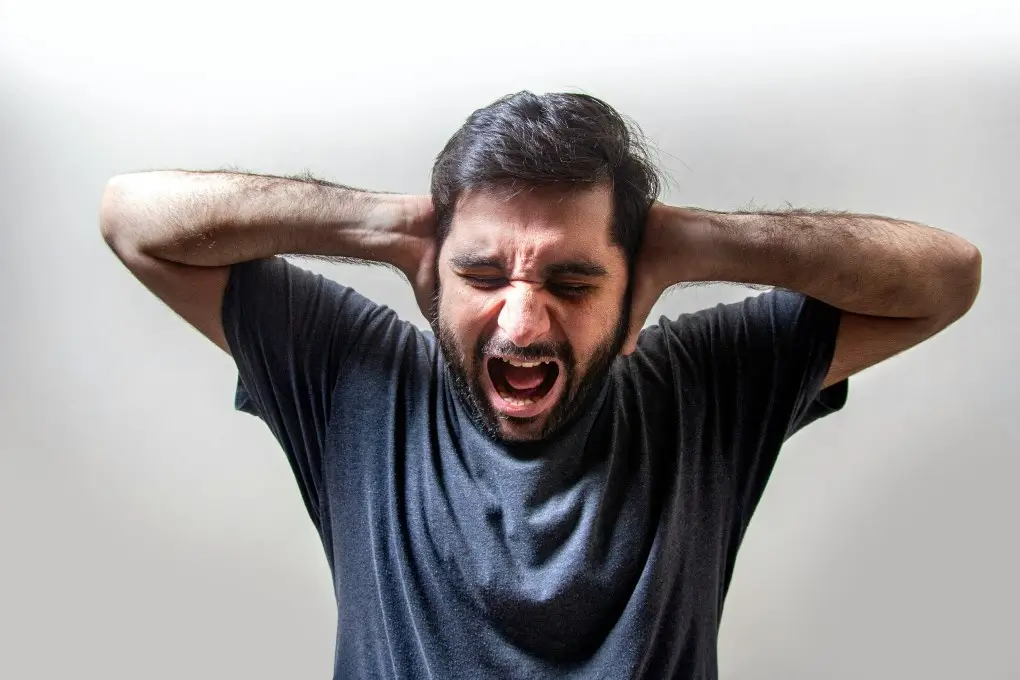What are the potential benefits of CBD for insomnia sufferers?
Insomnia, characterized by difficulty falling asleep or staying asleep, is a common sleep disorder that can significantly impact daily functioning and overall quality of life. Research suggests that CBD may offer potential benefits for insomnia sufferers by promoting relaxation and reducing anxiety, thereby facilitating sleep initiation and maintenance.
Anxiety reduction through the use of cannabidiol (CBD)
Anxiety and stress are major contributors to sleep disturbances, often leading to racing thoughts and restlessness that interfere with falling asleep. CBD has shown promise in reducing anxiety levels in various studies, potentially providing a natural alternative for those struggling with sleep-related anxiety disorders.
Addressing REM sleep behavior disorders with CBD
REM sleep behavior disorders involve disruptive behaviors or movements during the rapid eye movement (REM) stage of sleep, which can lead to sleep disruptions and even pose safety risks. While research specific to CBD’s effects on REM sleep behavior disorders is limited, preliminary studies suggest that CBD’s anxiolytic properties may help alleviate symptoms associated with this condition.
What is the role of cortisol in sleep patterns?
Cortisol, often referred to as the “stress hormone,” plays a crucial role in regulating the sleep-wake cycle. Elevated cortisol levels, particularly in the evening, can disrupt sleep patterns and contribute to insomnia. CBD has been studied for its potential to modulate cortisol levels, offering a promising avenue for improving sleep quality.
Short-term effects of CBD on reducing cortisol levels
Preliminary research suggests that CBD may have a short-term impact on reducing cortisol levels, thereby promoting relaxation and facilitating sleep onset. However, more studies are needed to elucidate the long-term effects of CBD on cortisol regulation and its implications for sleep health.
Determining optimal dosage amounts for improved sleep quality
Finding the right dosage of CBD for sleep can be challenging, as individual responses may vary based on factors such as weight, metabolism, and the severity of sleep disturbances. Start with a low dose and gradually increase until desired effects are achieved, while monitoring for any adverse reactions.
Timing and administration methods for effective use of CBD oil for sleep
The timing and administration method of CBD oil can significantly impact its efficacy for improving sleep. Taking CBD oil approximately 30 minutes to an hour before bedtime may enhance its sleep-promoting effects, while sublingual administration allows for faster absorption and onset of action.
Best time of day to take CBD oil for sleep
The best time to take CBD oil for sleep may vary depending on individual preferences and sleep patterns. Experimentation with different timing strategies can help determine the optimal regimen for achieving restful sleep without residual effects upon waking.
Different methods of administering CBD Oil
CBD oil can be administered via various methods, including sublingual tinctures, capsules, edibles, and topical formulations. Each delivery method offers unique advantages in terms of onset of action, duration of effects, and bioavailability, allowing for personalized treatment approaches.
The importance of vetting sources before purchasing CBD products
With the proliferation of CBD products on the market, quality and safety considerations are paramount. Prioritize products from reputable manufacturers that undergo third-party testing for potency and purity to ensure product integrity and consistency.
Summary
CBD shows promise as a natural remedy for sleep disorders like insomnia and anxiety-related sleep disturbances. Research suggests it may promote relaxation, reduce anxiety, and modulate cortisol levels, all of which can contribute to improved sleep quality. However, more studies are needed to fully understand its mechanisms and ensure safe and effective use. Individuals considering CBD for sleep should consult healthcare professionals or a CBD expert, start with low doses, and prioritize reputable products. Overall, CBD offers potential benefits for sleep, but cautious and informed decision-making is essential.




